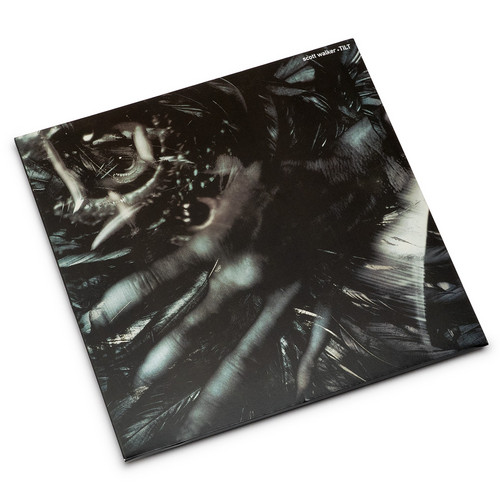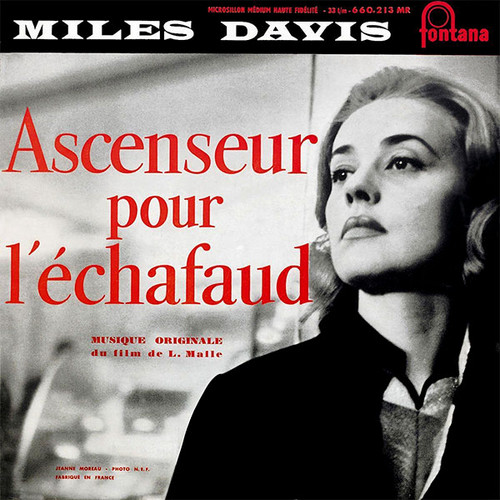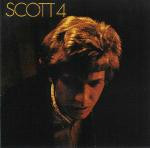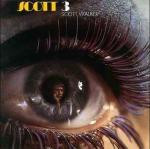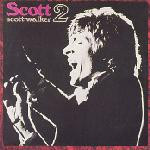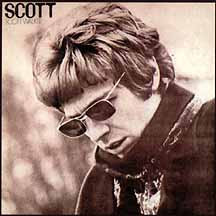★Fontana
Tilt
Limited Edition Half speed mastered at Abbey Road Studios Hype sticker on front of shrink wrap: “140 gram 2LP edition, mastered and cut at 45rpm at Abbey Road Studios”. No pop artist ever had a career remotely like Scott Walker’s. From his first flurry of intense fame as a teen pop crooner who exploded so meteorically in the UK that he was briefly more popular than the Beatles to his latter days as an experimental icon, Walker consistently ducked expectations. Disappearing for years at a time, h…
Ascenseur pour l'échafaud
Representing a more intimate and spontaneous side of Miles Davis, this expanded re-release of the soundtrack to Ascenseur pour l'échafaud is a welcome event. Louis Malle was already a jazz fan when Jean-Claude Rappeneau suggested to him that Miles, who was in France for a brief tour, be asked to record the soundtrack; he readily agreed. By creating a relaxed environment in the studio, where the musicians could view main scenes of the film in a loop and then improvise in response to what they saw…
Scott 4
Despite being the first of his solo albums not to reach the British Top 10, Scott 4 was perhaps his best, and most ambitious album to date. Originally released in 1969, it is the first record to feature only Scott Walker originals. It is also the first to back off a bit from the heavily string laden production of past releases, allowing other sonic influences to shine through, from country to folk to soul. The lyrical content remains intense as Walker tackles everything from War to Stalinism to …
Scott 3
Scott 3, originally released in 1969, marked a big change in Walker's approach to albums as, for the first time, the record is dominated by his original compositions. In fact, the only other songwriter that makes it onto the album is Walker's idol, Belgium's legendary singer/songwriter Jacques Brel. Scott 3 again features string heavy production courtesy of Wally Scott, though it occasionally moves out of pop ballad territory into a more cinematic feel influenced by Ennio Morricone, among others…
Scott 2
Originally released in 1968, Scott 2 made it all the way to number one on the UK pop charts, perhaps the strangest number one hit in pop history. Continuing with his orchestral obsession, Scott 2 features over-the-top string and horn arrangements, occasionally veering into dangerously schmaltzy territory. This production style is in drastic contrast to the lyrical content, songs of despair, prostitution, homosexuality, and brutal honesty, indicting the same glamorous and glitzy lifestyle that hi…
Scott
One of the most enigmatic figures in pop music history Scott Walker (nee Scott Engel) first saw massive success in England with his band The Walker Brothers in 1965. Not really brothers, nor were they British, the trio left Hollywood seeking fame in England, and they found it there for a time with their particular brand of orchestrated pop. Following the group's demise in 1967, Walker set out to pursue solo stardom in perhaps the most peculiar way possible, with over-the-top baroque pop songs ow…
